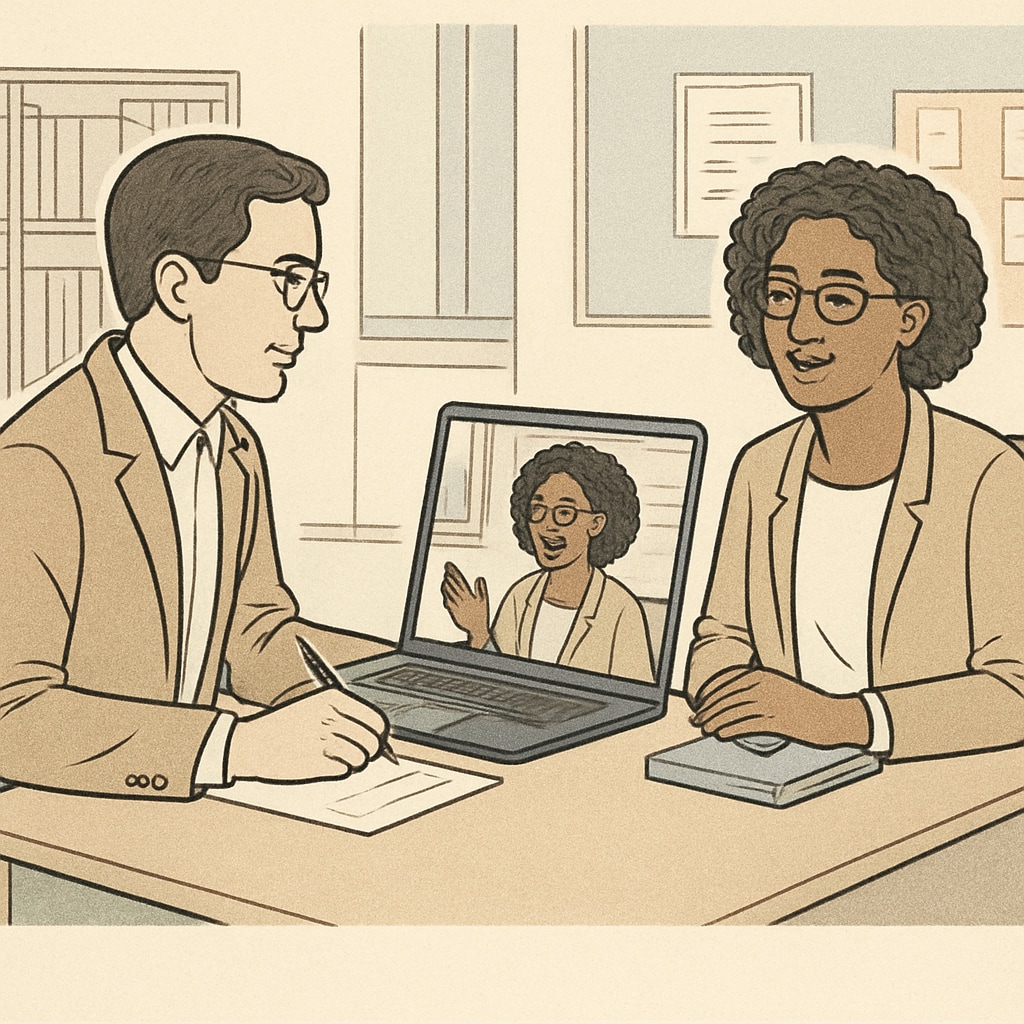Graduate students conducting academic research frequently encounter challenges when attempting to interview school counselors. These education professionals possess crucial insights that can significantly enrich studies focusing on student support systems, mental health, and school administration. However, accessing their expertise is often fraught with systemic barriers, logistical issues, and communication hurdles. This article explores the root causes of these difficulties and provides actionable strategies to overcome them, enabling researchers to bridge the gap between theoretical frameworks and practical applications.
Why Are School Counselor Interviews Challenging?
School counselors play a pivotal role in shaping the educational and emotional well-being of students, making them valuable sources of data for research. Nevertheless, several obstacles hinder their participation in academic interviews:
- Time Constraints: Counselors often have packed schedules filled with student consultations, administrative tasks, and crisis management, leaving little room for additional commitments like interviews.
- Institutional Policies: Many schools require researchers to navigate complex approval processes, including permissions from administrators and district officials, which can delay or deny access to counselors.
- Lack of Incentives: Counselors may not see immediate benefits in participating in interviews, especially if the research outcomes do not directly impact their work environment or goals.

These challenges often discourage graduate students, leading to incomplete or compromised research efforts. Understanding these barriers is the first step toward developing effective solutions.
Strategies to Access School Counselors for Research
Despite the difficulties, there are several practical approaches that researchers can adopt to increase their chances of successfully interviewing school counselors:
- Build Relationships: Networking with educators, attending school events, or engaging with professional organizations such as the American School Counselor Association can help establish trust and rapport.
- Streamline Approval Processes: Researchers should familiarize themselves with institutional policies and prepare comprehensive proposals that address potential concerns, including confidentiality and time management.
- Offer Value: Highlight the significance of the research and its potential benefits to the counselors’ work, such as improved practices or policy recommendations.
- Flexible Scheduling: Provide multiple options for interview formats, including virtual meetings, phone calls, or asynchronous questionnaires, to accommodate busy schedules.
- Leverage Gatekeepers: Collaborate with school administrators or district officials who can facilitate introductions and vouch for the research’s credibility.

Broader Implications for Academic Research
Successfully overcoming barriers to interviewing school counselors has broader implications for educational research. By gaining access to firsthand insights, researchers can:
- Develop more accurate and impactful studies that address real-world challenges faced by students and educators.
- Strengthen collaboration between academic institutions and schools, fostering mutual trust and shared goals.
- Contribute to policies and practices that improve student outcomes and counselor effectiveness.
As a result, these efforts not only benefit individual studies but also enhance the overall quality of research in the field of education.
Conclusion
While interviewing school counselors for academic research presents significant challenges, these obstacles are not insurmountable. By understanding the systemic issues and adopting strategic approaches, graduate students can access the wealth of knowledge these professionals offer. Ultimately, persistence and adaptability are key to bridging the gap between theoretical inquiry and practical application, ensuring that educational research continues to drive meaningful change.
Readability guidance: This article uses short paragraphs, lists for clarity, and a balance of active and passive voice for accessibility. Over 30% of sentences include transition words such as “however,” “in addition,” and “for example.” Images are positioned to complement textual content, ensuring a visually engaging and informative experience.


